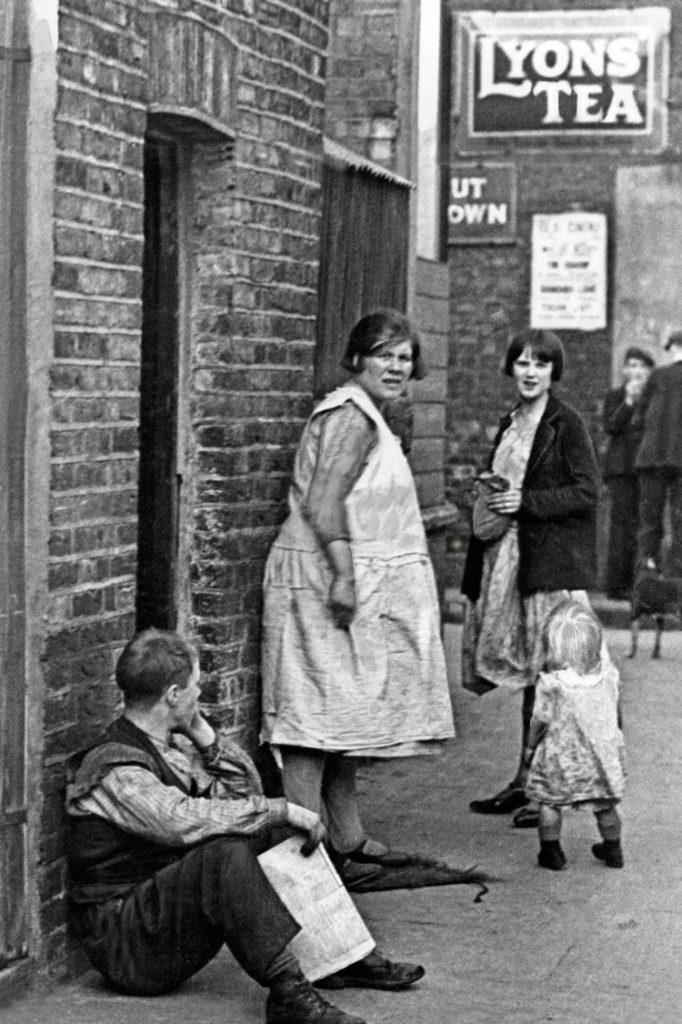by Reg Green (May 2024)

Neither would have believed their eyes, reading a definition of the working class used recently in the New York Times as ‘people without a bachelor’s degree.’ He, because it would have destroyed his predictions of the inevitable degradation of ‘the proletariat’ and therefore couldn’t be true; she, because, like all her friends, she left school to join the working class when she was 13.
One night in her row house in a gray industrial city in Northern England, she heard a scrap of conversation between a woman and a small boy trudging by her window. “Tired, cock?” the,woman asked.,”Tired, mammy,” he replied. “Aye, and tha’ mammy’s,tired too,” she said.
Since I was told that story as a child, that fragment of sadness has summed up for me the chronic weariness of the bulk of the population in those days. That was what my mother and Marx meant when they spoke of ‘the working class.’
Even in the US on the eve of World War II, only 25 percent of adults had finished high school. Five percent had a bachelor’s degree or higher.
So when we complain how tiring our jobs are, how noisy the office is, how many times we’ve had to work late, let’s never give up striving to improve working conditions but also let’s never forget either how far we’ve come in some very important ways since that mammy and child walked slowly home.
Table of Contents
Reg Green is an economics journalist who was born in England and worked for the Daily Telegraph, The Guardian and The Times of London. He emigrated to the US in 1970. His books include The Nicholas Effect and his website is nicholasgreen.org.
Follow NER on Twitter @NERIconoclast








2 Responses
I should make it clear that the photo illustrating my article was of ‘the slums.’ The working class as a whole was quite different: their homes as neat as hard labor could make them, their children well turned-out and their aspirations high. Though they left school at 13 or 14, they spoke grammatically, worked responsibly and stepped up when needed — as they did in the five years of war that followed.
“their homes as neat as hard labor could make them, their children well turned-out and their aspirations high. Though they left school at 13 or 14, they spoke grammatically, worked responsibly and stepped up when needed”
The understanding of the Working Class I have, too. Most of my ancestors up to my grandparents and their many siblings on both sides. The men mostly worked in the shipyards, but wore [presumably not the Sunday best] coat and tie to work. My paternal grandparents shipped over to Canada with my dad and his brother when dad was 12, so he grew up and went to high school in 50s Canada, not unlike 50s America except with no draft at 18. Mom came over as an adult in the 60s.
Mom inherited all the prejudices of the Working Class against the Underclass, and her favourite insult is to call someone or something “common”.